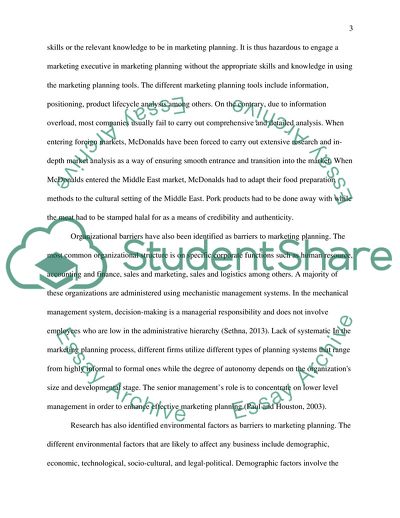Cite this document
(Marketing Planning Barriers and Ethics Coursework, n.d.)
Marketing Planning Barriers and Ethics Coursework. https://studentshare.org/marketing/1867816-marketing-planning-barriers-and-ethics
Marketing Planning Barriers and Ethics Coursework. https://studentshare.org/marketing/1867816-marketing-planning-barriers-and-ethics
(Marketing Planning Barriers and Ethics Coursework)
Marketing Planning Barriers and Ethics Coursework. https://studentshare.org/marketing/1867816-marketing-planning-barriers-and-ethics.
Marketing Planning Barriers and Ethics Coursework. https://studentshare.org/marketing/1867816-marketing-planning-barriers-and-ethics.
“Marketing Planning Barriers and Ethics Coursework”. https://studentshare.org/marketing/1867816-marketing-planning-barriers-and-ethics.


